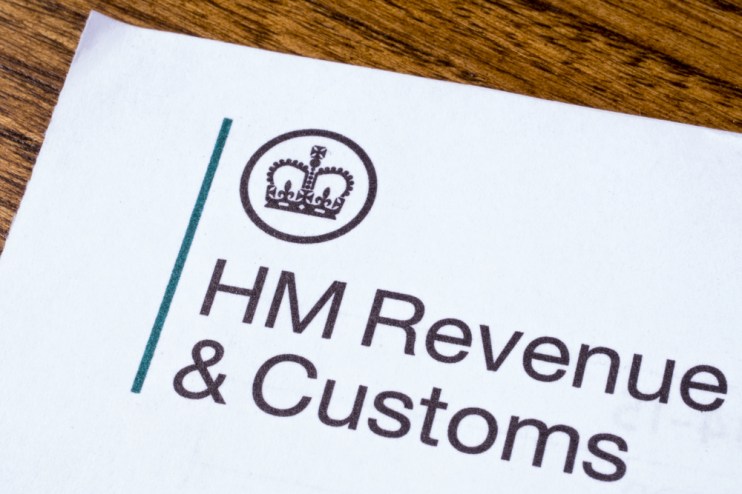Taxman waives fines for million Brits unwittingly caught in anti-money laundering crackdown

The UK taxman has said it is waiving fines for those who unwittingly faced penalties for failing to list any trusts they own on anti-money laundering registers.
Her Majesty’s Revenues & Customs’ (HMRC’s) decision to waive the penalties comes in the midst of a major anti-money laundering crackdown, which saw the introduction of new rules requiring trustees to list any trusts on official registers
The new rules could mean thousands of people who are unaware they are now required to register their trusts could face hundreds of pounds worth of fines.
However, HMRC said it would only be issuing fines in cases in which it could prove that failing register or late registration had been deliberate.
A spokesperson for HMRC told City A.M. “The requirement to register with the Trust Registration Service is a new one for many trustees, and we anticipate some trustees will remain unaware of the obligation to register once the deadline has passed.”
Speaking to City A.M. Marilyn McKeever, a partner at London law firm BDB Pitmans, explained that while the new laws are aimed at preventing people from “hiding money overseas,” thousands of ordinary people could face fines.
The laws were introduced as part of an international crackdown on money laundering and are aimed at boosting transparency.
The law firm partner noted that “trusts pop up all over the place” as she explained that simply taking out an insurance policy or buying a property could lead to a person becoming a trustee.
“There are lots of other examples where it just wouldn’t occur to people,” McKeever said.
She noted that “there hasn’t been much of a publicity campaign” to raise awareness amongst the general public, meaning unaware people could get caught out.
Those who fail to register trusts face initial fines of £100 and could faces fines of up to £200 if they fail to pay the initial sum.
James Austen, a partner at London law firm Collyer Bristow, said HMRC is to be “commended” for pre-emptively waiving the fines, as he argued that issuing penalties would put an unnecessary burden on HMRC.
The lawyer noted that HMRC has had a number of “embarrassing” experiences in trying to enforce penalties against those “caught in the UK’s complex tax web” in the past.